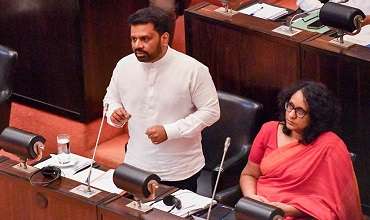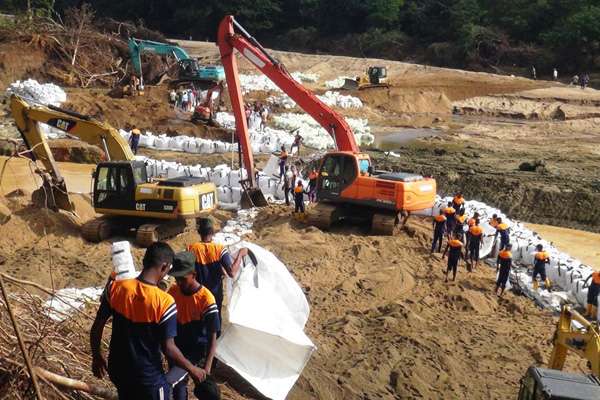Sri Lanka’s newly revised Inland Revenue Act, which was passed by parliament on September 7, will augment the country’s very low level of government revenues by replacing the existing law with a more efficient, modern and broad-based tax framework, according to William Foster, Vice President, Sovereign Risk Group, Moody’s Investors Service..
In a statement to the media on Monday, Mr. Foster said that through past additions of multiple tax exemptions, Sri Lanka's income tax efficiency and tax collection are weak relative to other sovereigns.
“The general government revenue-to-GDP ratio was only 14.3 per cent in 2016, one of the lowest among B-rated sovereigns. The reforms of the Inland Revenue Act offer prospects of higher revenues. The implementation of revenue reforms that foster long-term fiscal consolidation will be critical to shoring up Sri Lanka’s credit profile, which is weighed down by the country’s large debt burden and relatively weak debt affordability,” he added.
You can share this post!
Content

My acquittance with Chula goes back to 1976, 77 where Ananda Under 15 Soccer practices had in Cambel place, Chula was a brilliant mid fielder could kick the ball from both legs

Former Speaker and NPP MP Asoka Ranwala was arrested today following a road accident in the Denimulla area of Sapugaskanda last night, police said.

President Anura Kumara Dissaayake today announced a relief package for persons, including school children affected by the devastating landslides and floods.

Read this week’s Sunday Times for your interesting articles

Read this week’s Sunday Times for your interesting articles






Leave Comments